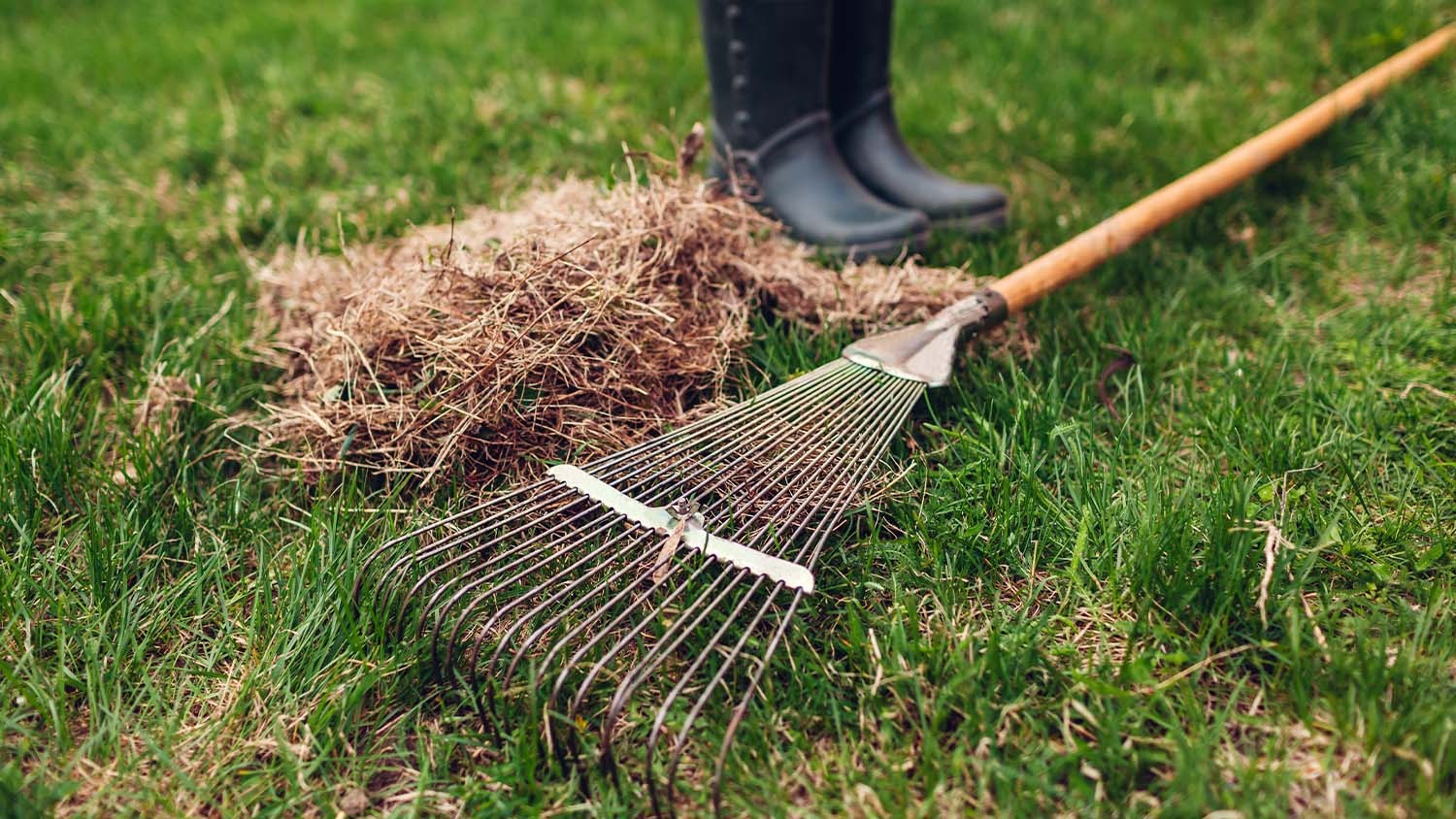MEMPHIS, Tenn. — Jail inmates and experts are testifying on conditions at 201 Poplar as a lawsuit against the Shelby County Sheriff’s Office and the jail over the spread of COVID-19.
One 65-year-old inmate said he is afraid of dying in the jail since they can’t maintain six feet of social distance. He said at least one bathroom soap dispenser has not being filled in weeks, and he has been given only three masks since the first week of May.
Attorneys for the inmates say it’s a danger.
“People are kept in dormitory style housing, in small bunks where they are not able to socially distance during meals. They are crowded together,” said attorney Steve Mulroy.
Attorneys say inmates who are vulnerable to catching the virus and are not a risk should be released while their case makes its way through court.
A 51-year-old inmate, who says he suffers from sickle cell and tumors, told the court he took a COVID test April 24, and it came back positive on April 29.
The statistics show 162 jail detainees and 86 employees have tested positive for COVID, while 77 detainees have been quarantined.
The sheriff’s office could not comment on the case now in court, but gave an update on safety measures via twitter, saying they are following health department cleaning guidelines and more.
“All employees who work with detainees are required to wear masks and undergo daily temperature checks. All detainees at all three detention facilities have been issued masks as well,” Captain Anthony Buckner said.
A doctor who performed a COVID inspection at 201 Poplar Tuesday also testified. He said he found a fairly free movement of the virus in and out of the medical isolation unit.
He was so concerned he says he voluntarily quarantined himself from his family after inspecting the jail.
“The concerns are echoed by that of the independent expert the judge appointed to do an inspection of the jail,” Mulroy said. “In a nutshell, it is impossible to socially distance at 201 Poplar.”
There is no word on when the judge will rule on the temporary restraining order to release those vulnerable inmates to home confinement.

















